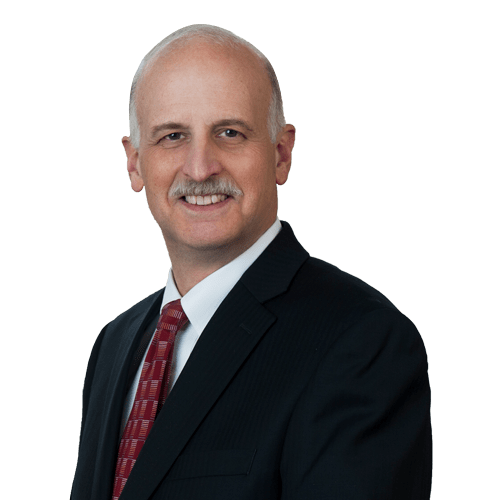SEC Watchdog to Watch Watchdog
The SEC’s Office of Compliance Inspections and Examinations (OCIE) has established a dedicated team charged specifically with inspecting FINRA and other FINRA-related work.
This follows through on the SEC’s previously-announced intention to step up its oversight of FINRA’s broker-dealer inspection program. As we previously reported, the SEC is itself inspecting fewer broker-dealers in order to free up resources to inspect more investment advisers, and the SEC is relying on a ramp-up in FINRA’s broker-dealer inspections to take up the slack. See "Regulatory Musical Chairs for Money," Expect Focus Vol. II, 2016.
In a speech this October, OCIE head Marc Wyatt stated that, historically, the SEC and FINRA have been examining about 50 percent of broker-dealers annually. This probably will not change much, except that broker-dealers can expect more of their examinations will be conducted by FINRA. On the other hand, investment advisers, overall, can expect somewhat more frequent SEC examinations.
The SEC and FINRA continue to improve their ability to use technology to make examinations more effective and to better target their examinations on firms where regulatory problems are likely to exist. The SEC is also increasingly able to make use of "whistleblower" tips to better target its examination and enforcement resources.
Thus, although the frequency of examinations will probably not change much for either broker-dealers or investment advisers, the regulators’ increased use of technology and whistleblower tips should continue to make their examination programs more efficient and effective.

